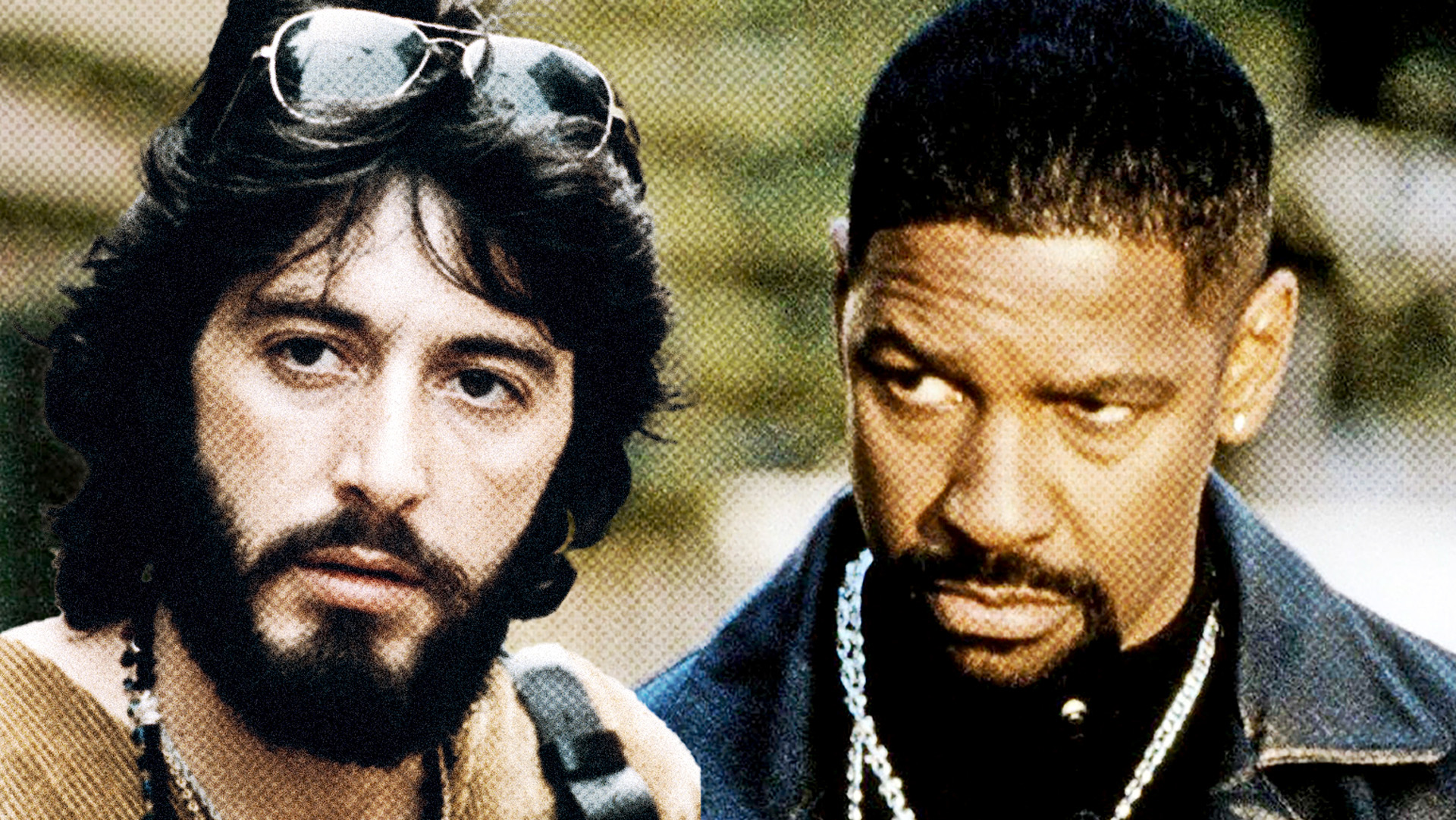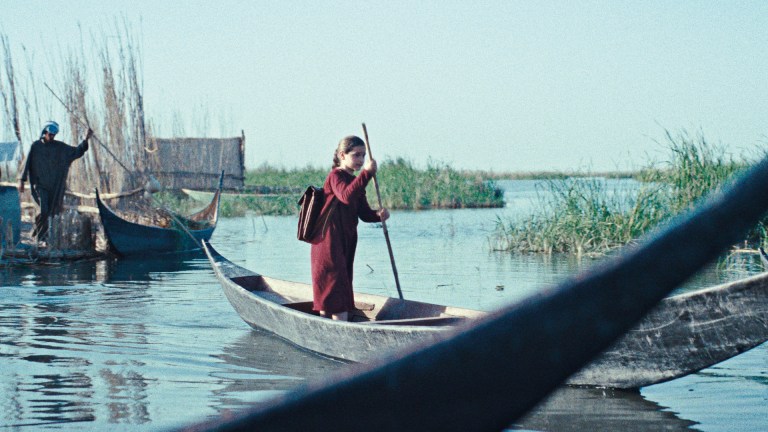Cameras have become crucial to exposing police brutality. Before people could use consumer-grade cameras to record the abuse cops would later try to deny, the most memorable footage of police violence was found in cinema, with anti-corruption films like 1973’s Serpico or 2001’s Training Day countering the “copaganda” of police procedurals or the self-protective messaging of the force’s “blue wall of silence”.
This August, these two films are back in cinemas for the first time since George Floyd’s murder in 2020, after which the police abolitionist movement was heard across the world. While their anti-corruption stories will find resonance now our own police’s institutional racism and a dangerous rape culture has been brought to light, Serpico and Training Day both engage with a myth that’s being increasingly questioned by current events – that law enforcement can ever be divided between “good cops” and “bad cops”. Despite depicting corruption in strikingly different ways, neither Serpico nor Training Day are able to pin down exactly what a just and moral police force would look like.
Frank Serpico (Al Pacino) is a fiercely moral NYPD recruit, who resists the shakedowns and bribery that are second nature to every other officer, marking him out as a dangerous and potentially traitorous outsider to the force. Based on the experiences of the real Serpico in the 1960s and ’70s, his fearless (perhaps, foolish) whistleblowing stands in complete opposition to Training Day’s Alonzo Harris (Denzel Washington). Over the course of a single day, Harris introduces rookie Jake Hoyt (Ethan Hawke) to his version of justice – a dual-pistol wielding, contemptuous abuse of police powers, where violence, manipulation and self-gratification take precedence over maintaining law and order.
Harris is endemic of the big-scale vice unit scandals that made headlines in California throughout the ’90s filtered down into a single bad guy, whereas the unchecked corruption and systematised cover-ups Serpico is up against goes above the bad actions of individuals. Still, both Serpico and Hoyt see single corrupt officers as more than just “bad apples”, but an indictment of the ideals they’re meant to uphold: if a system cannot stamp out and punish such corruption, isn’t it effectively condoning it?
- Explained: This is your right to protest and how police can restrict it
- ‘A giant step forward’: What next as George Floyd’s killer is found guilty
- The ‘paramilitary’ tactics used by police to suppress protest
For what it’s worth, Serpico works as a Watergate era, new Hollywood attack on too-real corruption. Training Day, despite drawing on real post-Rodney King LAPD corruption, feels cartoonish in execution. The key difference between the films, and what stands out like a sore thumb in 2023, is how the films imagine a future without corruption.
In Serpico (as in real life), the botched inquiry into NYPD corruption caused very little change, and
Serpico took a self-elected exile from the city he wanted to clean up. Training Day may be the archetypal example of the myth that a good cop cancels out a bad one, as Hoyt ends the film shaken and exhausted, but only more committed to law and order. It’s as if seeing how much Harris perverts justice has opened Hoyt’s eyes to how much he has to fight to uphold it.









